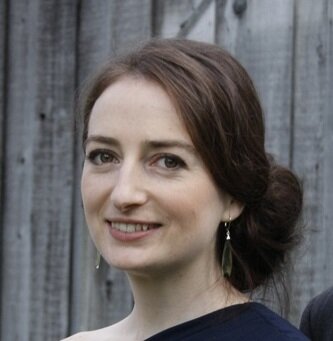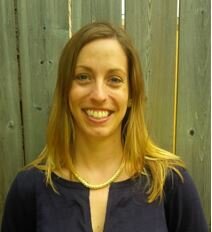
John Kania speaks to delegates at the Collective Impact Summit
Recently I joined in the Collective Impact Summit hosted in Toronto by Tamarack. Collective impact is all about different types of groups working together to advance a common goal, and while the practice is really nothing new, the work of Tamarack acknowledges that this type of work is:
a) essential to addressing the complex problems we face in the world today and
b) very difficult to do well.
The sold-out Summit had 300 delegates from all across Canada, who put in a full five days in workshops and training sessions. I joined as a panellist with people from Calgary, Saint John, and Halton Region, to talk about how we can support our collaboration initiatives as they inevitably morph and change over time.
One observation I had about the conference delegates is that most are working to address poverty and education issues in their communities. The collaboration I was showcasing – Move the GTHA, an initiative among a group of civic organizations, including TAF, supporting regional transit improvements – was one of the rare collaborations focused on an issue of sustainability. That being said, even Move the GTHA – with all its air pollution and greenhouse gas reduction benefits, is really driven by a much broader set of public concerns, including economic, social, and public health issues.
After the Summit, Evergreen CityWorks’ Robert Plitt and I shared some lessons we have been learning about working in collaboration – 16 insights that are now available for review on Tamarack’s website.
What is at the core of these insights is that there is both power and peril in choosing to align with other organizations – across sectors and areas of interest – to advance a cause or solve a problem. It shouldn’t be entered into lightly, and it takes some professional skill and attention – so thank goodness we have groups like Tamarack doing such a good job on the training front.
Done well, I believe collective impact work is an essential ingredient for addressing many of the complex changes that will continue to confront us, including the challenges of climate change.







